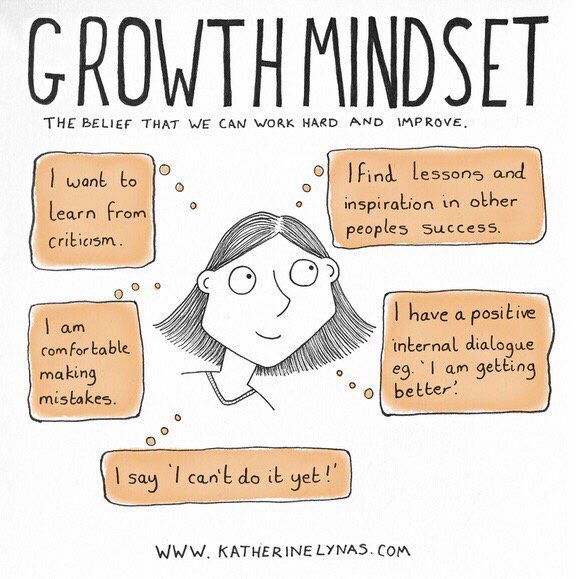Anne Schwartz has started a #MTBoS30 , and while I’m not promising to blog every day, I will attempt to be more consistent in my blogging agin.
Reflection is a two edged sword. It is important to do, pause, reflect, evaluate, make changes, repeat. This is the process of life and learning. The problems come when we insert “look at what someone else is doing” into the process. On one hand, it is important to observe others at work and think about what makes their practice theirs, the trouble comes when what we are doing is measured against what they are doing, and graded accordingly.
Every time I present at a conference, I do this. I started submitting proposals and presenting in 2014, my first being CMC North in Asilomar, CA. That presentation went very well, it was a high school level presentation, and I had been teaching HS for 10 years before doing that. I felt confident about what I was presenting, it was something I had worked on in my own classroom for quite a while, and was excited to share it.
I have since become a district level elementary math specialist, and have been presenting the last two years at the elementary level. I’m struggling with this a little bit, because I haven’t tested some of these ideas in my own classroom. I do work with teachers, and do model in their classrooms periodically, but it’s not the same as being able to try something, evaluate it’s effectiveness, and try again. I feel like I’m flying somewhat blind here.
I had a conversation on twitter last night about submitting a proposal to NCTM Annual in San Antonio, TX for next year. I did finally submit one, but I’m a little trepidatious about it. Tina reminded me that trying again is how we get better. I know this, I’m fearful of wasting teachers’ time while I work on figuring this out. With the students, if I made a mistake I could correct it the next day or the next week. In presenting at conferences, I don’t get that chance, they see something that doesn’t help or they don’t like and make up their minds to “never see that speaker again”.
This is where I begin the comparison. I look at some of the “tried and true” speakers, the ones who’s sessions everyone loves to attend, who always have something valuable to say, do it with flair and can make you laugh at the same time, and think, “I’m just not like that”. And, I’m not.
I was very successful in my HS classroom. My students succeeded regularly, I saw test scores increase consistently, I heard students speaking the language of mathematics and feeling confident about what they knew, and taking risks with things they hadn’t seen before. Colleagues would tell me, “I can tell which students came from you, they are able to think critically”.
I have seen some wonderful changes in the elementary classrooms in the last two years, and have had discussions with teachers and principals that help me to believe that I am making a difference at this level, I just don’t have the classroom and the direct connection to students that allows me to gauge the growth like I did in the past. This causes me to question my effect at this level, and hence, my right to present at conferences at this level, and yet, it is something in which I hope to become proficient. Is that enough reason to continue, and hope that I am not wasting anyone’s time? I hope so.


